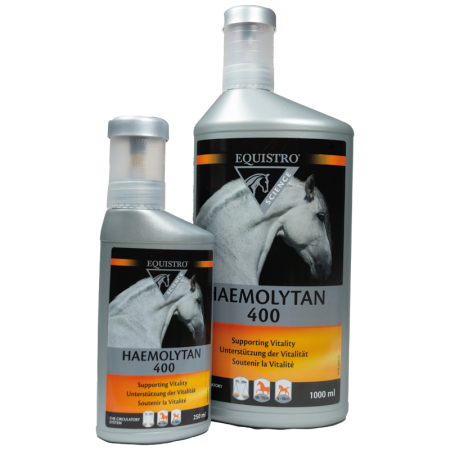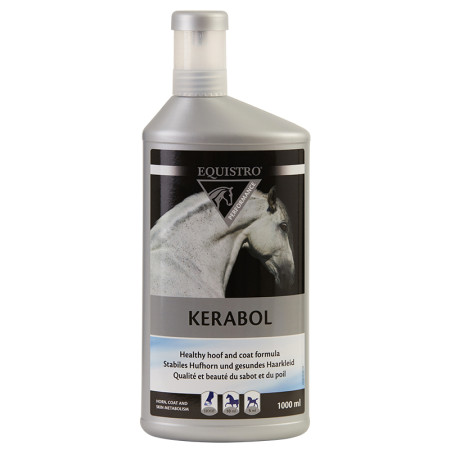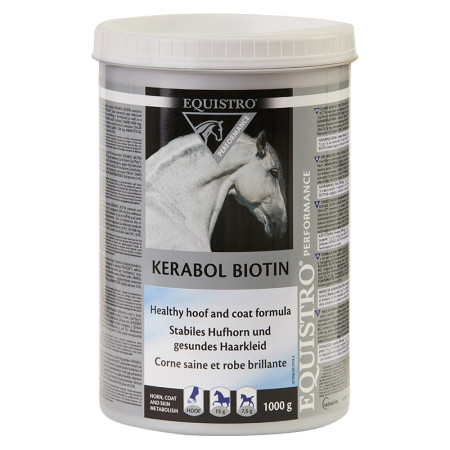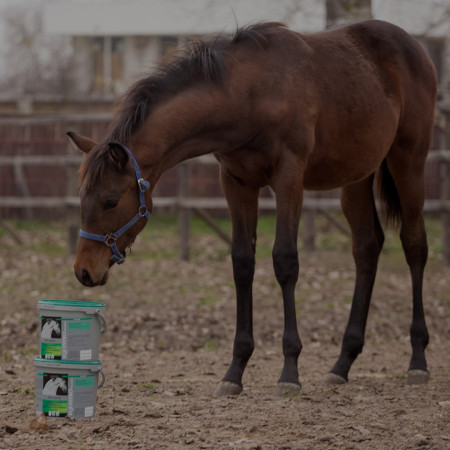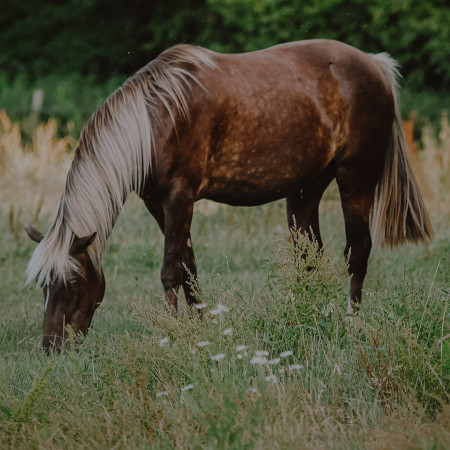
7 Tips for sweet itch management in horses
1. Hygiene
Always wash patches of sore skin with clean, cold water without using soap – it dries out the skin! If it is necessary to make use of cleaning agents (e.g., avoiding re-infection with bacteria or fungi), shampoos specially designed for horses suffering from eczema should be the first choice.
2. Care is key
After washing, dry the skin with a clean towel (do not allow the horse to dry off in the sun) and apply a smooth lotion (rub well into the skin until it is absorbed. This stimulates the blood circulation and will distribute the product over large areas).
3. Mechanical protection from the sun
Eczema rugs with protection from UV rays and in heat-reflective shades are excellent for ensuring extra protection for horses, in particular from harmful UVB rays. They additionally provide much better protection from insects. Possibly also get a thinner one to avoid heat build-up on hot days.
4. Keep “protective clothing” clean
Fly masks and eczema rugs should ideally be cleaned every day to remove sebum, skin flakes, loose hairs and dirt as they can cause itching as well.
5. Pasture management
Where possible, horses should be let out into the paddock or pasture early in the morning or in the evening. In addition to that, the mosquito pressure should be reduced as much as possible by removing the horse poo at least once or even twice daily. Mosquito traps at the pasture also can decrease the population of fleas and reduce the burden for horses as well.
6. A balanced diet is a must
Horses with eczema should always be fed a balanced diet of hay. Ideally this should be a mixture alternating between hay that is high and low in raw fibre as the calcium content of hay falls as the raw fibre increases. When supplementing the diet with zinc, manganese, or selenium, it should be paying attention to the fact that they are organically bound. This way it is possible to selectively make up for any lack via small amounts of feed without burdening the intestine, liver, and kidneys with unmetabolised compounds.
7. Additional insect protection
Areas of thin skin can be protected from insect bites by applying clay-based pastes (e.g. PERCUTIN Paste by EQUISTRO). They cool the skin and make it more difficult for insects to sting. When using eczema rugs, fly sprays should always also be applied, particularly in areas of the body not covered by the rug (e.g. the legs).
Dr. med. vet. Caroline Fritz

